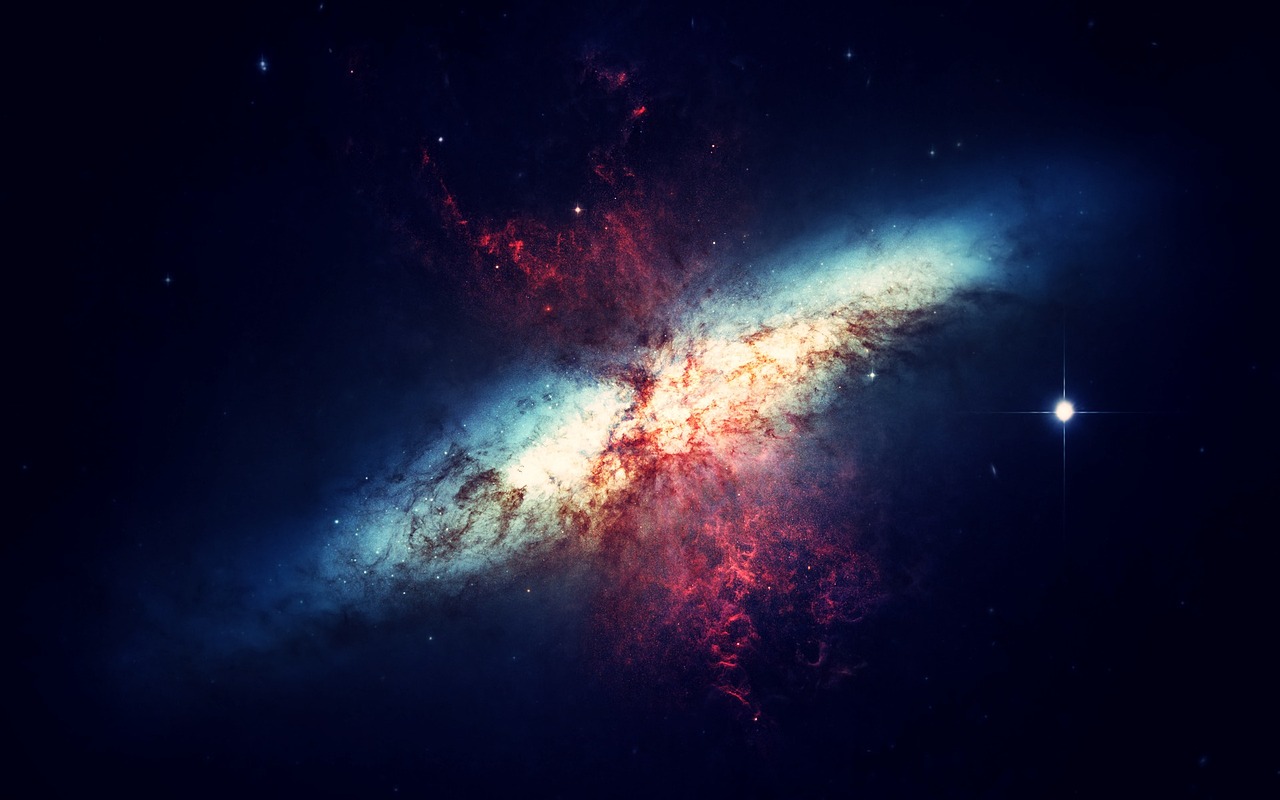
Dame Susan Jocelyn Bell Burnell is a Northern Irish astrophysicist who, as a postgraduate student in 1967, discovered pulsars. Pulsars emit powerful beams of electromagnetic radiation out of their magnetic poles and can be observed only when one of those beams is pointing toward Earth.
Bell Burnell was analyzing data from a newly commissioned radio telescope that she helped build when she came across the curious phenomenon. She brought it to the attention of her supervisor, Antony Hewish, who initially dismissed it as radio interference. However, this theory was quickly disproved, as were orbiting satellites, French television signals, radar, and finally even “little green men,” as they had dubbed the beams “LGM” on the chance that they represented attempts at communication by extraterrestrial intelligence. The team looked back on earlier papers in theoretical physics, determined that the signals must have emerged from rapidly spinning, super-dense, collapsed stars, and published a paper on the discovery.
Hewish later went on, along with the astronomer Martin Ryle, to be awarded the Nobel Prize for the discovery of pulsars. The decision to leave Bell Burnell out as a recipient of the award continues to be debated to this day.
Bell Burnell was born on July 15, 1943, in Belfast, Northern Ireland. Her father was an architect for the Armagh Planetarium, where she spent much of her time as a child. From an early age, she was encouraged to pursue a career in astronomy. She graduated with honors in 1965 from the University of Glasgow with a degree in Natural Philosophy (physics) and obtained her doctorate from the University of Cambridge in 1969.
Despite not being included in the win for the Nobel Prize, Bell Burnell has been the recipient of many other prestigious awards and accolades. She was awarded the Special Breakthrough Prize in Fundamental Physics in 2018, worth $3 million, for her discovery of radio pulsars, and she donated the entirety of the prize to establish a fund to help female, minority, and refugee students become physics researchers.
Bell Burnell has also been appointed Commander of the Order of the British Empire (CBE) for services to Astronomy and was promoted to Dame Commander of the Order of the British Empire (DBE) in 2007. In 2021, she was awarded the Copley Medal, the Royal Society’s oldest and most prestigious award that is given for sustained, outstanding achievements in any field of science. Bell Burnell is currently a visiting Professor of Astrophysics at the University of Oxford and a Fellow of Mansfield College.
